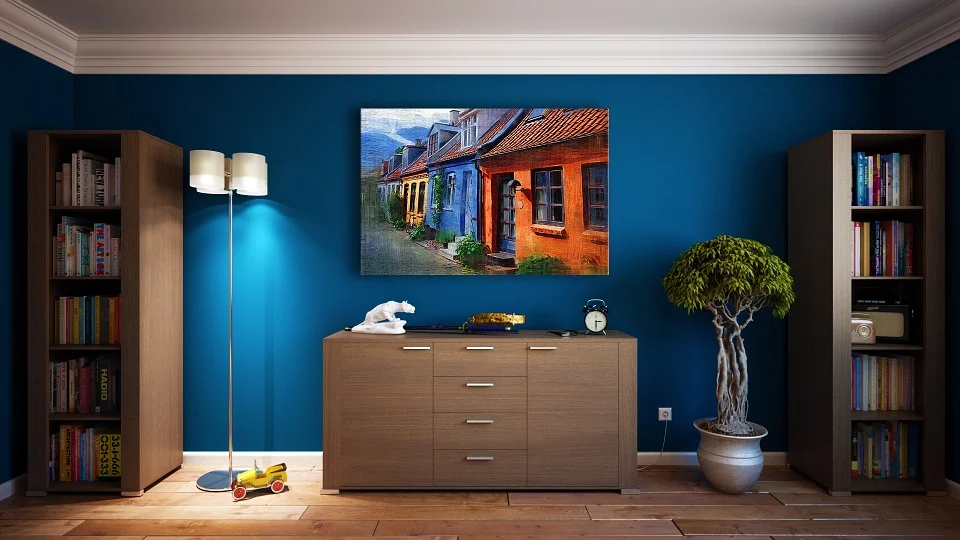Austin’s Indie Tech & Creative Startups to Watch

The city's future. You'll find companies like Fastn democratizing API building with AI and Liteboxer (often compared locally to Growl's model) reimagining fitness through immersive technology. Creative startups are blending tech with art, health, education, and sustainability while raising impressive funding—more than $4 billion in 2024 alone. This ecosystem continues to reshape industries through unique solutions and a collaborative spirit.
The Rise of Silicon Hills: Austin's Unique Tech Ecosystem
https://www.youtube.com/watch?v=p59LHF30yFY
Over 7,300 tech firms now power Austin's economic engine, contributing more than 14% to the city's overall economy. You'll find not only tech leaders like Dell, IBM, and Tesla creating thousands of high-paying jobs, but also a thriving ecosystem of 5,500+ startups pushing boundaries.
What makes Austin distinctive is its adaptation to remote work trends while maintaining a strong collaborative culture. Companies are investing in digital infrastructure while navigating the urban challenges that come with rapid growth. The annual South by Southwest (SXSW) conference further boosts Austin's reputation in the global tech industry.
Unlike Silicon Valley, Austin offers a business-friendly environment with no state income tax and relatively lower operational costs. This mix of economic advantages, high quality of life, and a steady talent pipeline from UT Austin fuels Silicon Hills' continued expansion.
AI-Powered Innovation: Fastn and the No-Code Revolution
View this post on Instagram
The combination of hardware and AI-powered software is producing exciting fitness innovations in Austin, including Growl, a startup bringing interactive training into homes. Its system features a sensor-equipped punching bag, 4K projection, and real-time AI coaching that measures form, speed, and power. Instead of fragile touchscreens, Growl uses projection mapping and multi-camera tracking for immersive, gamified workouts. While boxing is its core, sessions also include yoga and strength training—making it accessible for a wide range of ages and skill levels. Backed by $4.75 million in seed funding, Growl follows a subscription model and plans to launch pre-orders in April 2025, aiming to make advanced boxing training as approachable as streaming a workout video. Austin's innovation scene extends well beyond conventional software. Creative startups are merging technology with art, health, education, and sustainability to develop entirely new markets. Health tech firms are creating mental health apps, wearable biosensors, and accessible telehealth platforms, often in collaboration with local universities. Companies like Ojo Labs are transforming real estate through AI platforms that analyze millions of property data points to match buyers with ideal homes. Sustainable design ventures are producing eco-friendly materials and AI-optimized urban planning tools, while AR/VR learning platforms are gamifying education and workforce training. These boundary-pushing startups draw niche venture capital, participate in city innovation programs, and leverage Austin's cultural vibrancy to address real-world challenges. Behind each of these ventures is significant investment. Austin startups raised $4 billion in 2024 and over $1 billion in the first weeks of 2025 alone. Funding spans three stages—startup ($0–15M), breakout ($15–100M), and scaleup ($100M+). Accelerators like Capital Factory and Techstars Austin are key to early-stage growth, with Techstars offering 13 weeks of mentorship plus $120K in seed capital. AI, SaaS, and clean technology remain the top funding magnets, though creative hardware solutions are gaining ground. While investor caution is growing, selective funding hasn't slowed global interest, with foreign investors actively joining U.S.-based backers. Austin's tech strength is supported by over 25 universities and colleges in the region, creating a strong academic-to-industry pipeline. However, the roughly five-to-one ratio of job openings to tech graduates underscores the need for workforce development. Key strategies include: These partnerships create opportunities for both entry-level workers and experienced professionals, with about 16–17% of Austin's workforce employed in tech-related fields. Austin's tech community, while growing, still reflects national diversity gaps: women make up about 35% of the workforce, while African Americans and Latinos each account for roughly 7%. DivInc leads local inclusion efforts with its equity-free 12-week accelerator, which offers $10,000 in funding and mentorship targeted to underrepresented founders. Other accelerators like Sputnik ATX, Quake Capital, and Impact Ventures provide funding from $10,000 to $150,000 and specialized training. These programs increasingly focus on social impact and economic equity while expanding virtual access to founders outside Austin, ensuring broader reach and greater diversity in innovation.Hardware Meets Software: Growl's Immersive Fitness Technology
Beyond Traditional Tech: Creative Startups Reshaping Industries
Funding the Future: Investment Trends in Austin's Startup Scene
From University to Unicorn: Austin's Talent Pipeline
Diversity in Tech: How Austin's Accelerators Support Inclusive Innovation




